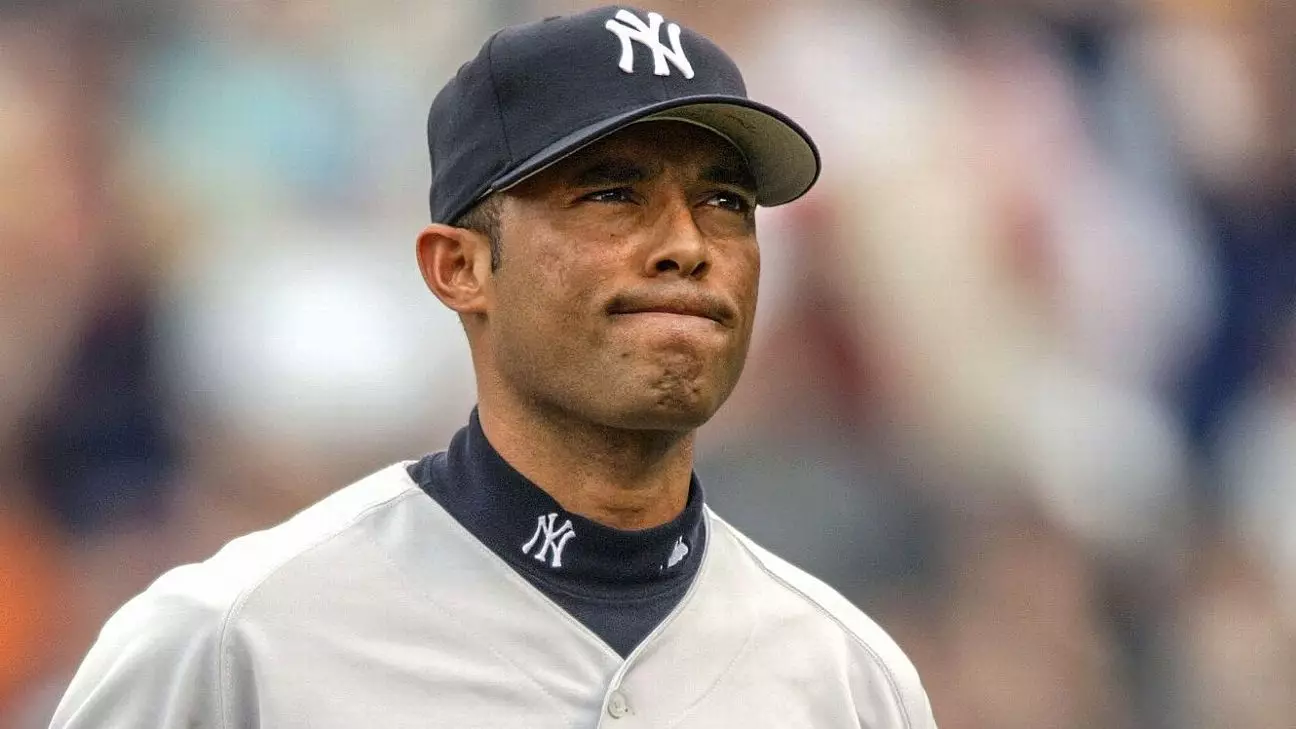The recent lawsuit against Mariano Rivera, a celebrated New York Yankees legend, his wife Clara Rivera, and their church has shocked many in the community. The accusations emerging from this case present not only a distressing narrative of alleged abuse but also raise profound questions about the responsibilities of spiritual leaders and organizations when it comes to the safety and well-being of children in their care. This article delves deeper into the critical aspects of these allegations, examining the implications for the implicated parties and the broader implications for faith-based organizations.
At the heart of the lawsuit lies a series of harrowing claims made by a now-young woman concerning incidents that purportedly occurred during a church-sponsored summer camp in Florida in 2018. The claims reveal an unsettling pattern where the girl, then between 10 and 11 years old, was allegedly subjected to repeated sexual abuse by an older camper while staying in a dormitory that lacked proper supervision. What makes this situation even more concerning is the response from the Riveras when the girl’s mother raised red flags about her daughter’s safety. According to the lawsuit, instead of addressing these serious concerns directly, the Riveras allegedly tried to conceal the issue, even “isolating and intimidating” the victim to silence her.
The accusation that a Hall of Fame athlete and a pastor would fail to protect a child is not only shocking but also deeply troubling. It compounds the betrayal felt by the victims of abuse, particularly when the caretakers in question are figures held in high esteem within both the sports and religious communities. The suit points to a systemic failure—an unwillingness to confront uncomfortable truths to avoid damaging reputations.
In response to the lawsuit, attorney Joseph A. Ruta defended the Riveras, claiming that they were unaware of any abuse until they received a settlement letter in 2022. He emphasized their dedication to charitable efforts and serving underprivileged children, characterizing the allegations as “false.” This defensive stance reflects a broader legal strategy often adopted by high-profile individuals: to dismiss allegations as products of misinformation or ill intent.
However, such denials often fall flat in the face of strong evidence or witness testimonies, especially in cases involving minors. The lawsuit, while not naming the accuser, details the extensive nature of the abuse and highlights how the Riveras failed to act on information that should have raised immediate alarm bells. The distinction between being unaware and having the opportunity to act—and failing to do so—could profoundly impact the legal outcome for the Riveras, casting a long shadow over their previously untarnished reputations.
The allegations extend beyond the Riveras themselves; they implicate the wider community, including the Refuge of Hope Church and the Ignite Life Center. Faith-based organizations are typically seen as havens for support and guidance, especially for vulnerable populations, such as children. However, as this case demonstrates, they also hold significant accountability when it comes to protecting those in their care from harm, particularly when allegations of abuse arise.
In light of these events, church leaders must reckon with their organizational structures and practices surrounding child safety. The settlements reached in the past with victims of abuse connected to the Ignite Life Center underscore the urgent need for comprehensive protocols and training on abuse prevention and response mechanisms. It is critical for churches and faith-based organizations to prioritize transparency and assert their commitment to safeguarding minors, demonstrating that they take accusations seriously rather than perceiving them solely as threats to their image.
The ongoing nature of this lawsuit serves as a grim reminder of the potential horrors lurking in spaces meant to foster growth and positivity for children. As the legal process unfolds, it will be vital for communities, both religious and secular, to engage in conversations about child protection and the ethical obligations of leaders in safeguarding their members.
The involvement of high-profile figures like Mariano and Clara Rivera only amplifies the significance of this case, demanding attention at all levels—from local congregations to national discourses on child safety in church settings. The reactions to these revelations will shape not only the future of the Riveras and their church but may also catalyze necessary reforms in how religious organizations handle allegations of abuse. Ultimately, this tragic situation can serve as a blueprint for enhancing protective measures for children and ensuring that the sanctity of community remains uncompromised by the shadows of past negligence.

